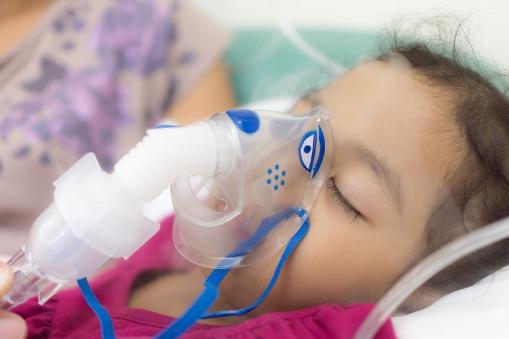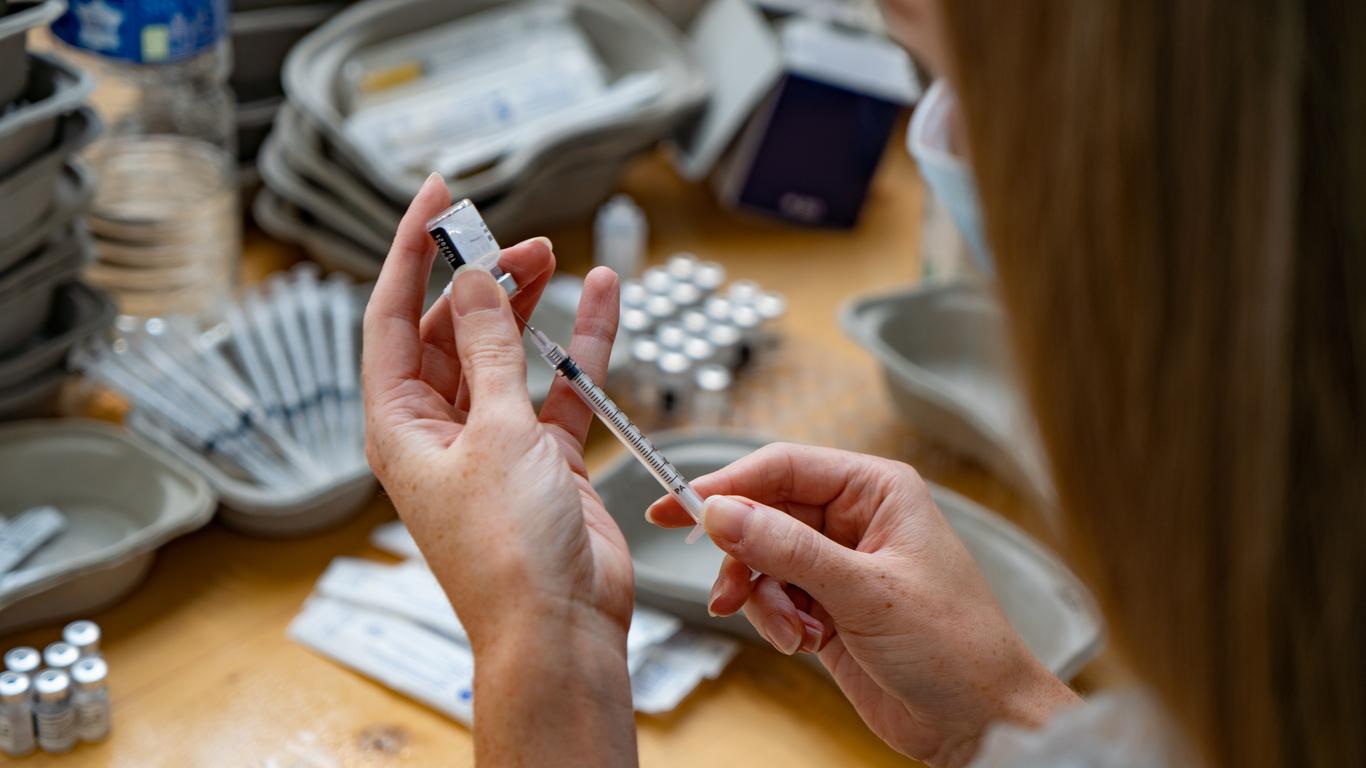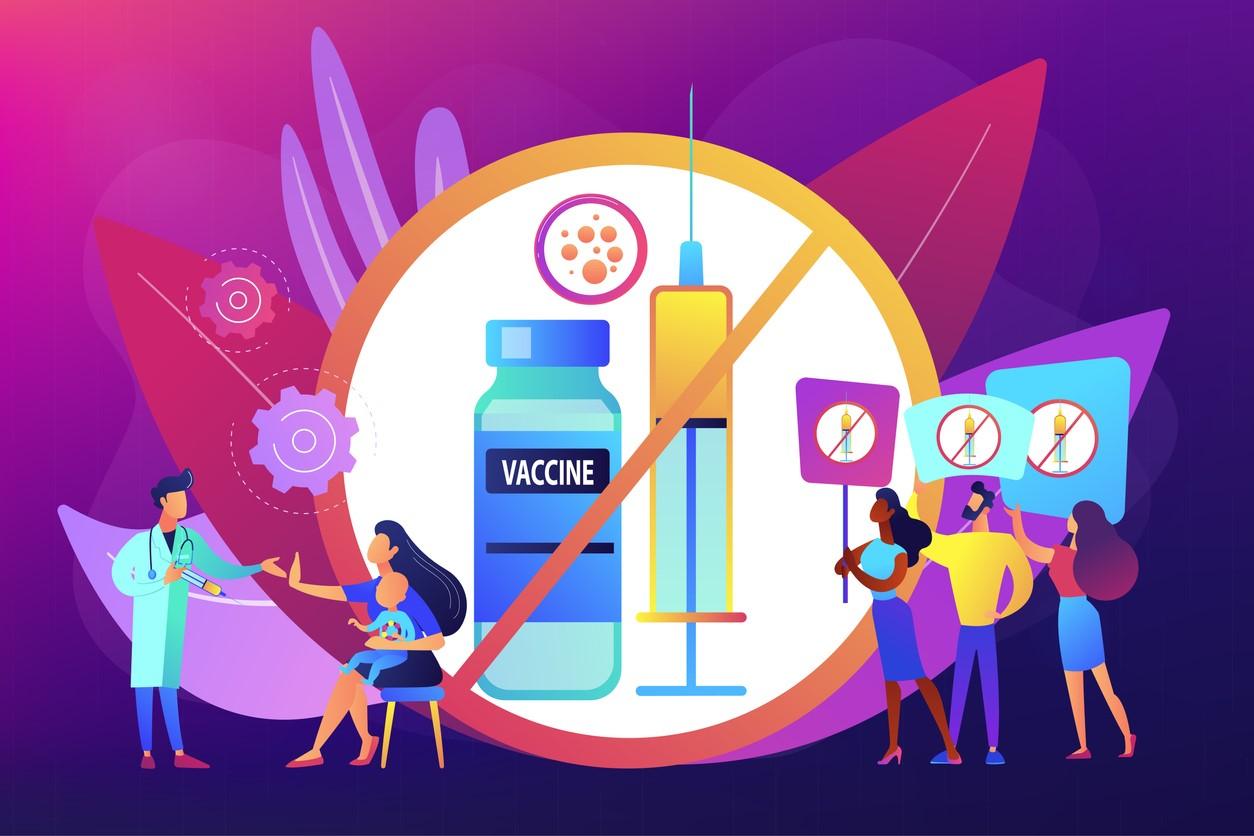
A study published yesterday in Eurosurveillance highlights the substantial costs associated with respiratory syncytial virus (RSV) infections in children ages 5 and under.
The study, conducted at multiple primary care sites in five European countries (Belgium, Italy, the Netherlands, Spain, and the United Kingdom) from 2021 through 2023, recruited 3,414 children 5 years and younger with acute respiratory infection and tested them for RSV. Parents of the 1,124 children (33%) who tested positive for RSV were invited to complete follow-up questionnaires 14 days and 30 days after the initial visit. The questionnaires asked about symptoms, illness duration, healthcare use, medications, and parental work absences.
Costs were assessed from an outpatient healthcare sector and societal perspective, with the results stratified by country and the age-group of children diagnosed as having RSV.
Primary care, work absences drive cost
Outpatient costs ranged from €79 (US $90) in the Netherlands to €300 (US $341) in Spain and were higher in infants than children aged 1 to 5 years. The costs were primarily driven by repeated visits to primary care physicians (46% to 83% of total outpatient costs), followed by emergency department visits (9% to 45%), and medication (2% to 17%).
Societal costs ranged from €454 (US $516) in the United Kingdom to €994 (US $1,130) in Belgium and were primarily driven by parental work absences among parents of children ages 1 through 5. Parental work absences varied considerably, ranging from 13% of parents reporting absences and a mean of 1.3 missed working days in Spain to 71% of parents missing work days with a mean of 4.1 days off in Belgium.
In infants, the main societal cost driver varied by country, but overall outpatient healthcare costs represented a higher proportion of societal costs compared with older children.
The study authors say the findings are timely given the recent introduction of RSV immunization strategies for infants and the development of RSV vaccines for toddlers and older children.
"This study highlights differences in economic costs per RSV-episode across countries, emphasising the importance of considering country-specific cost estimates when evaluating the implementation of RSV immunisation strategies," they wrote.













